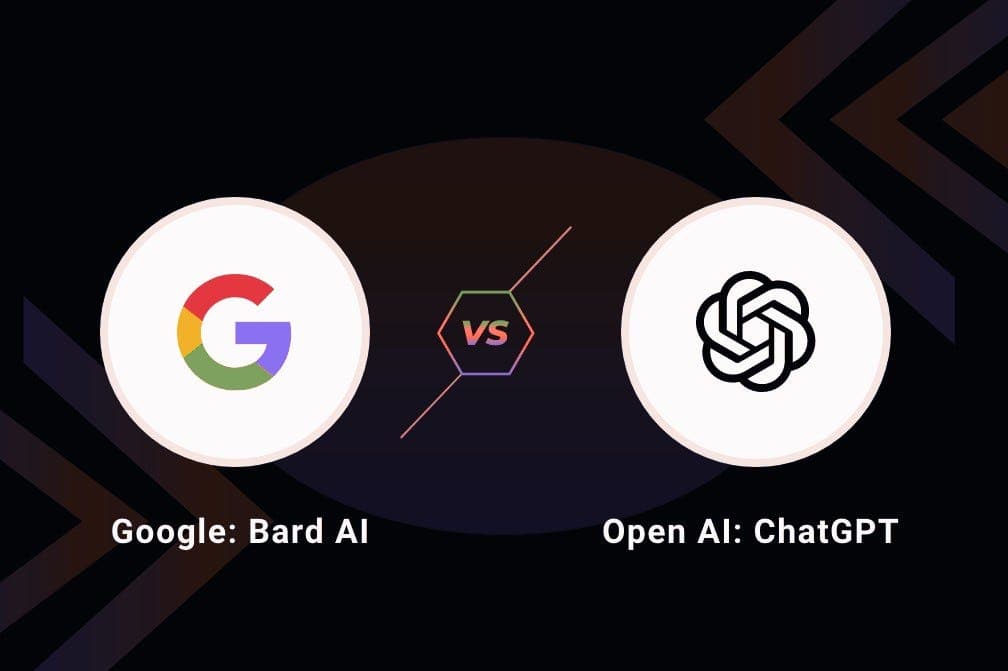
How Google’s Quest for AI Dominance Could Jeopardize Its Search Engine Legacy
Google’s Investment in AI
Google has long been a pioneer in artificial intelligence, integrating AI into nearly every facet of its business, from search algorithms to predictive text in Gmail. The company’s AI-driven products, like Google Assistant and the powerful language model LaMDA, are examples of how AI can enhance user experience by making interactions more intuitive and personalized. Google’s investment in AI is massive—by 2023, the company had spent billions on research and development to maintain its lead in the AI race, particularly in areas like natural language processing and machine learning.

Balancing AI Ambitions with Search Engine Excellence
While AI has become a cornerstone of Google’s strategy, there is growing concern that the company’s focus on AI could detract from its core product: search. Google’s search engine remains the foundation of its business, generating over $160 billion in ad revenue in 2023 alone. However, as Google continues to push AI-driven features like AI-powered snippets and personalized search results, there’s a risk that the quality of search could be compromised. AI models are only as good as the data they’re trained on, and if these models introduce bias or inaccuracies, the trust that users have in Google’s search results could erode.
The Risk of Neglecting the Core Business
As Google’s AI ambitions grow, there is a real danger that its search engine could suffer from a lack of attention and resources. The shift towards AI-driven search might also lead to ethical concerns, such as the spread of misinformation or the reinforcement of existing biases. If Google doesn’t maintain the quality and reliability of its search engine, it could open the door for competitors like Bing or emerging AI-based search platforms to challenge its dominance. This blog will explore whether Google’s pursuit of AI excellence could ultimately undermine the very product that made it a tech giant in the first place.



